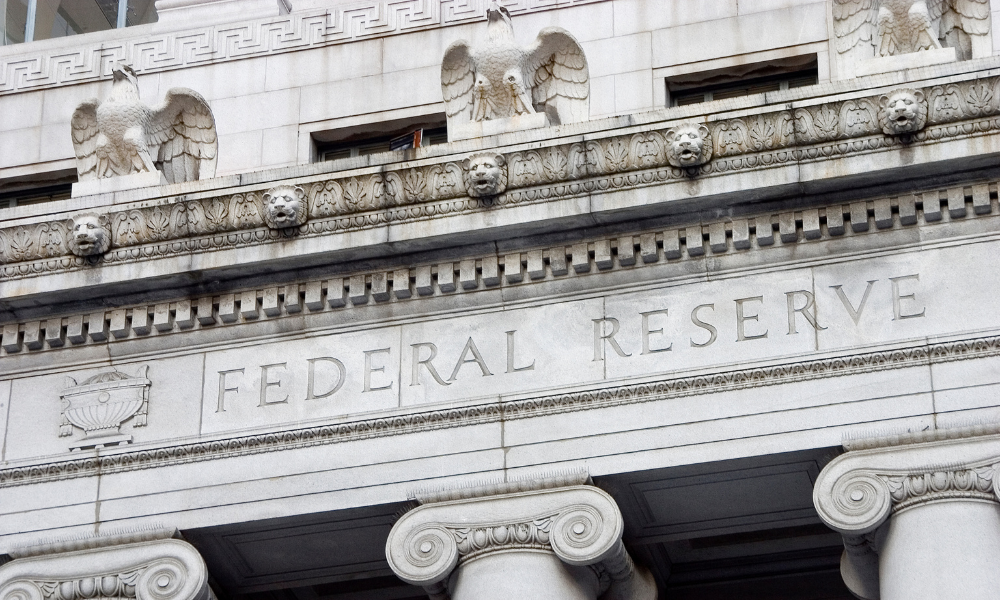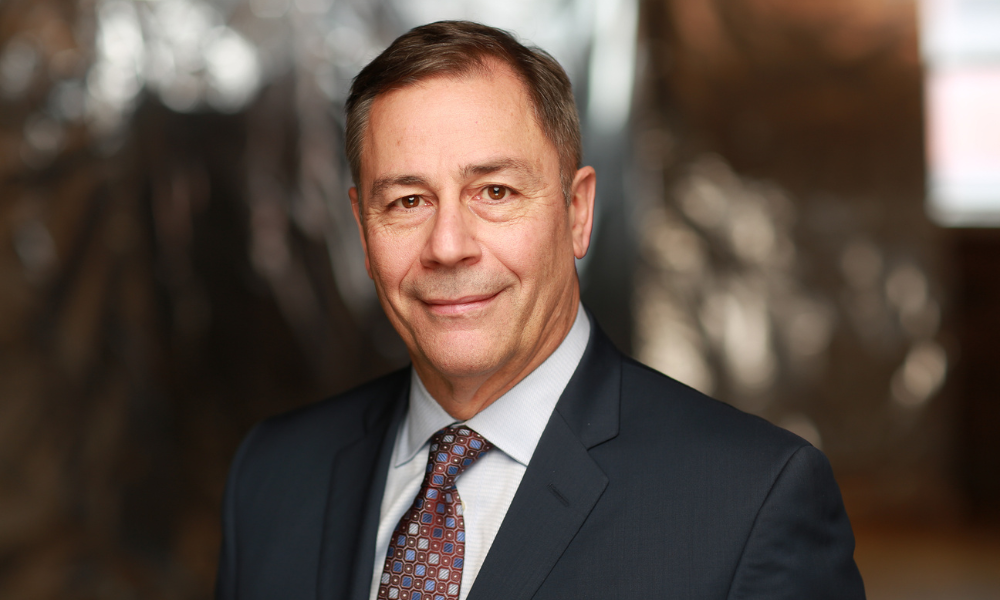We spoke to the Chief Investment Officer at Sun Life Global Investments, Sadiq Adatia, about what moves Canadian investors should be making after Donald Trump’s victory
We sat down with Sadiq Adatia, Chief Investment Officer, Sun Life Global Investments, to gauge the impact of the election result and to ask what moves Canadian investors should be making in the new investment landscape.
Seven days on from Donald Trump’s unexpected election victory, the markets have been predictably volatile. As news of Trump’s victory started to filter through, the nervous markets headed south and yields were significantly lower. But all that changed after Trump’s first speech as President-elect, which was much more presidential in tone than his controversial approach on the election trail.
Since then, Trump’s rhetoric has remained calm and that has given the markets a bit of relief. The fact that the Republicans held onto the Senate makes two of Trump’s key objectives - spending and cutting taxes - much more achievable. “That means the US economy gets a boost in the short-term, which has comforted markets and created a relief rally,” Adatia says. “Inflation will probably rise, which means rates will go up and yields will rise, too.”
If yields do go up, so will Canadian mortgage rates, which is cause for concern when considering current levels of debt. Canadian consumers are likely to be worse off due to increased pressure on the cost of borrowing. “Stay away from consumer discretionary investments because the consumer won’t be able to support that economy,” Adatia says. “Countries that are reliant on the US could be good investments because the US will get bigger and stronger, but you have to be careful because Trump will be taking an ‘America First’ approach.”
“You also have to like the financials because higher yields help their margins. Insurance companies benefit particularly strongly from that angle.”
With the likelihood the Trump will spend big on national security, Adatia also believes areas that support defence will perform well. He advises investors to remain overweight in US equities for now, but warns that Trump’s penchant for controversy will create volatility and give the markets a scare. “You have to look at emerging markets investments, but be cautious because some areas will be impacted by Trump’s pressure and others will benefit,” Adatia says. “So, if you go into the emerging markets, you want to have a diversified spectrum.”
Adatia believes advisors should ensure their clients are in well-balanced products that have some tactical elements. “You want to make sure you have a broad spectrum of different asset classes because you never know which one is going to get hit,” he says. “Trump has given us a great example of that: overnight, everyone though the market was going to crash but in the morning the markets were up.”
Adatia also thinks that, in these unpredictable times, advisors should be ready to help their clients readjust their portfolios if necessary. “When people have a 60/40 equity portfolio, they think their risk is static, but that’s not true,” he says. “Normally, if you sell down equity risk you can buy bonds, but when bonds are also expensive maybe the alternative is options or cash. That’s why you want to have a managed solution, not a buy and forget strategy. There are too many shocks in the markets these days, you need to be able to adjust and take advantage of the opportunities.”
Taking a cautious approach to currency is also imperative in the current environment, Adatia says. “There will be a time when oil rebounds in the next couple of years, along with the Canadian dollar, and that could erode capital,” says Adatia. “So advisors should pay close attention to currency.”
Related stories:
Trump-induced headwinds seen for REITs



